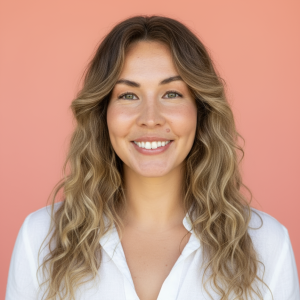In honor of Black History Month, we’re excited to wrap up February in celebration of our staff, as well as their dynamic contributions to the world of marine conservation!
Renowned for conducting ocean research and restoration with the big picture in mind, the Perry Institute is committed to revitalizing coral reefs, mangrove forests, vital fisheries and more. Our approach to conservation in The Bahamas and the Caribbean is made most effective because of the incredible leadership and decision-making of our diverse staff working on the frontlines of climate change. That’s why we embrace, and are committed to equity, diversity and inclusion as organizational values year round and are exploring new paths to amplify the important lived-experiences and voices of people of color each and every day.
Read on to discover how our team members are driving waves of change in the field of marine biology.




.jpg)

.jpg)


.jpg)
.jpg)

Build a Coral Reef for the Holidays | PIMS x Partanna
PIMS is partnering with Partanna to build a 100m² carbon-negative reef. Rick Fox is matching donations up to $25k. Help us build a sanctuary for the future.
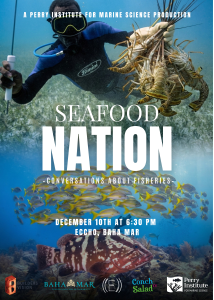
“Seafood Nation” Documentary Premiere Explores the Heart of Bahamian Culture and the Future of Fisheries
NASSAU, The Bahamas | December 5, 2025 – From the bustling stalls of Potter’s Cay to family kitchen tables across the archipelago, seafood is far more than just sustenance in
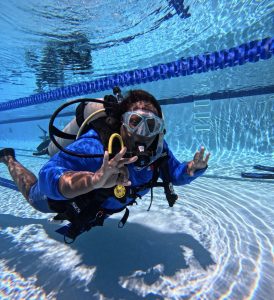
PIMS and Disney Conservation Fund Partner to Train 19 Government Divers
PIMS dive training in Nassau strengthened national coral restoration capacity across government agencies. Bahamas Dive Training Builds National Coral Restoration Capacity Last fall, between the months of September and October,
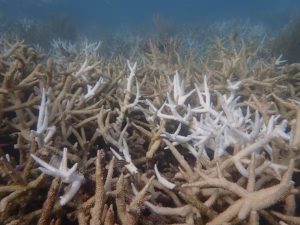
Florida’s Coral Reef Crossed a Line: What Functional Extinction Really Means for Elkhorn and Staghorn Corals
Reefs didn’t just bleach. They functionally vanished in one summer. A new Science study co-authored by researchers from the Perry Institute for Marine Science (PIMS) has found that Florida’s two
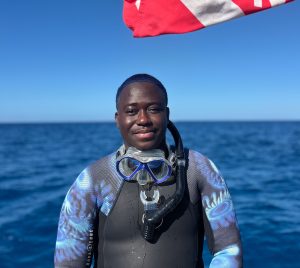
Q&A: Understanding the IDC Course at PIMS with Duran Mitchell
A former aquarist turned coral conservationist, Duran is passionate about understanding how all marine life connects. PIMS & IDC: Empowering New Dive Instructors for Marine Conservation PIMS & IDC: Empowering
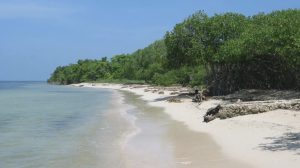
Forbes Shines a Spotlight on Coral Reef Restoration in the Caribbean
When Forbes highlights coral reef restoration, it signals something powerful: the world is paying attention to the urgent fight to protect reefs. And solutions are within reach. Recently, Forbes featured Dr. Valeria


